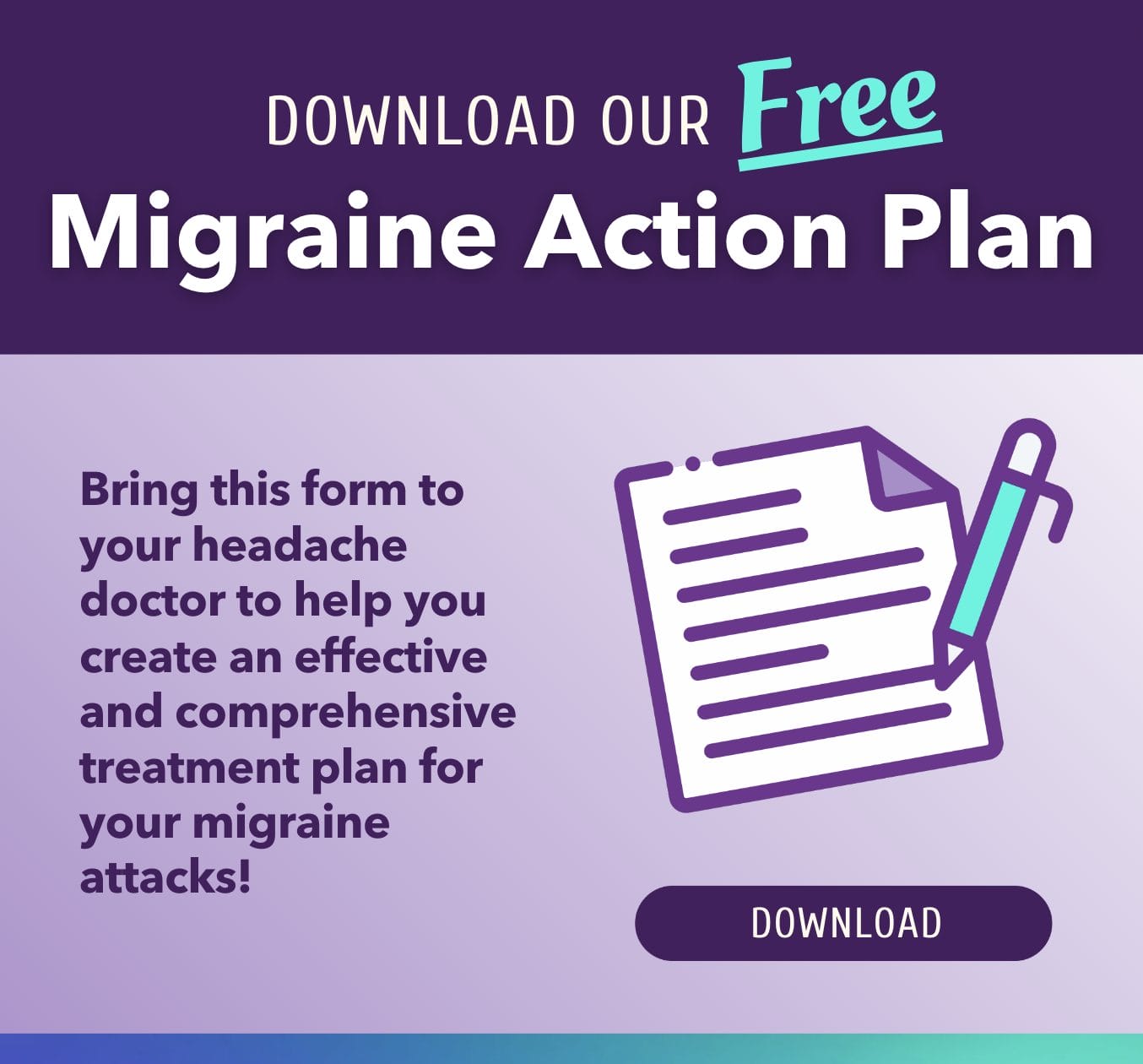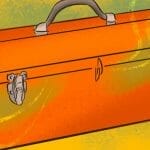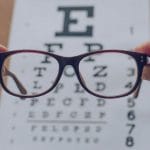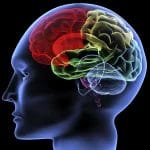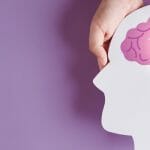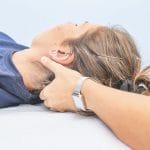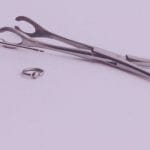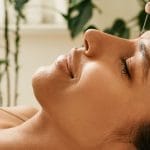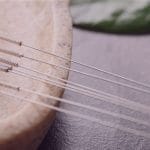Supplements
Many people with migraine take supplements not only to support their general health but also because there is some evidence that they may help with the prevention of migraine attacks. Supplements commonly used to help prevent migraine include magnesium (400-600mg), B2 (400mg), butterbur (specifically the Petadolex brand only - 75mg twice daily), CoQ10 (300mg), melatonin (3mg), D3, feverfew, ginger and turmeric. Please make sure to consult with your healthcare provider before taking any supplements, and to purchase brands that are independently verified for ingredients.
Alternative Treatments
There is increasing evidence that specific alternative/integrative treatments may be helpful in preventing and/or treating migraine attacks. In addition, some of these may help you manage the stress of living with a chronic pain condition such as migraine. Options to consider and discuss with your healthcare provider include acupuncture, acupressure, biofeedback, cognitive behavioral therapy, mindfulness and meditation, massage therapy, and restorative yoga.
Lifestyle Modifications
While some lifestyle modifications can be challenging to make, they can make a big difference in the frequency and length of migraine attacks, as well as in managing the stress that comes from living with migraine. Recommended modifications include: getting regular sleep, avoiding your migraine triggers (note: each person has different triggers), gentle regular exercise (as long as it doesn’t trigger an attack), making any necessary dietary changes, staying hydrated, and utilizing stress management techniques such as meditation, creative activities, and connecting with others who understand.
Over-the-Counter Tools
There are many tools that are available over-the-counter that can help reduce migraine attack pain. They are easy to use and readily available at your local pharmacy or online. These tools include ice packs, heat packs, and migraine hats. Light filtering glasses and screens, green light lamps or bulbs, and ambient lighting can help with light sensitivity. Orthopedic pillows, massage, and acupressure gadgets can relieve neck pain. Wearing soft clothing and blankets will increase comfort. Essential oils may also help if they are not a trigger for you, but bear in mind that these may trigger attacks in people you know.
Download the Migraine Treatment Toolbox
Bring it to your next doctor's appointment and ask your doctor which options would be good to add to your personal migraine treatment toolbox.
